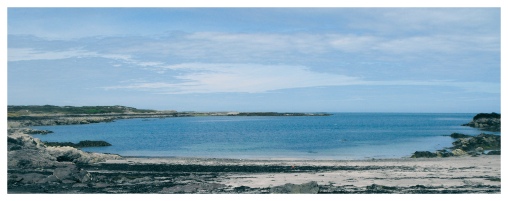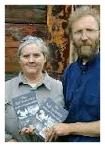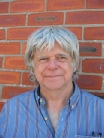

Copyright © ECOSAL-UK All rights reserved. Made by Serif. Privacy Policy | Funding Acknowledgements | Contact | Join Ecosal-UK

ECOSAL-UK will encourage an active membership to contribute to the objectives of better understanding and presenting traditional salt making and its cultural associations in the UK for research, education, interpretation, tourism and international co-operation.
ECOSAL-UK will seek grant aid and sponsorship to support the organisation and to undertake research and publicity for itself and its members and will support and encourage members to apply for financial support that will enable the story of salt to be better understood and presented.
ECOSAL-UK will act as an advisor, advocate and first point of contact for enquiries into the history of traditional salt making. Become an active Member of ECOSAL-UK
Preserving the History and Heritage of Traditional Salt Making
In England, Wales, Scotland and Northern Ireland
About ECOSAL-UK
There is great scope to tell the story of salt making in the UK and connect our story with salt making overseas. Some sites are well known locally, but perhaps not understood in a historical or national context. Locally, salt sites are interpreted at discovery centres, museums or have interpretation panels at preserved archaeological monuments.
Through ECOSAL-UK we will encourage the use of the wider story of salt and its cultural associations with food, the environment and ceramics for the benefit of sustainable tourism, education and economic growth.

The story of salt making is diverse and individual wherever it is found but is also essentially the same. The physics and chemistry is universal to all salt makers, wherever and wherever they have been making salt by evaporating brine to crystalise salt.
ECOSAL-UK will work in partnership and co-operation with other salt researches and salt sites around the world to understand how the knowledge and experience of salt making evolved and developed and was exchanged between people and countries.
INTERNATIONAL CO-OPERATION


Traditional Salt Making in the UK
and associated culture





SUSTAINABLE TOURISM
AN ACTIVE NETWORK
EDUCATION AND INTERPRETATION
The great industrial stories of coal mining, textiles and ceramics are well known. The development of salt making is a lost industrial story, but a fascinating one. The story is more than just the evaporation of brine to make salt crystals which incorporates geology, geography, ecology, physics, chemistry, history, archaeology etc etc.
New centres to tell the story of traditional salt making are being created, such as the restoration of the Lion Salt Works, the last nineteenth century open pan salt works at Northwich, Cheshire, which will be opened in 2014.
ECOSAL-UK will support an annual conference about our salt heritage.






RESEARCH
There are thousands of recorded sites across the UK where salt making used to take place over two thousand years. Some are now lost to us completely, some are known from historical documents or as archaeological sites. More research needs to be undertaken to enable the heritage of salt making to be used for education, interpretation and tourism.
A better understanding of all the aspects of traditional salt making will enable us to better inform students and the wider public and provide a better product for sustainable tourism.
ECOSAL-UK Directors

Andrew and
Annelise Fielding
Authors of the Shire Book on The Salt Industry, Andrew and Annelise were consultants on the Ecosal-Atlantis project and have been researching and experimenting with archaeological evidence to reconstruct salt making processes and practices since 1989. Based in Cheshire Andrew is the secretary of ECOSAL-UK and became an Honorary Research Associate at Salford University in 2016.
Tom Lane
Whilst working for Heritage Lincolnshire and Archaeological Project Services Tom Lane has gained an encyclopedic knowledge of salt making in the fens.
His publication with Elaine Morris A Millenium of Salt Making records a variety of salt making sites based on briquetage technologies.
David Cranstone
David Cranstone, of Cranstone Consulting worked as a consultant on the Ecosal-Atlantis project. He is based in Gateshead and is also an expert on industrial archaeology especially early metallurgy.

